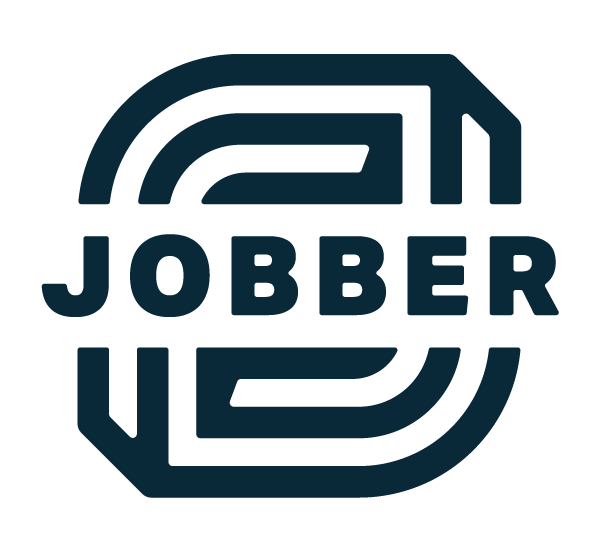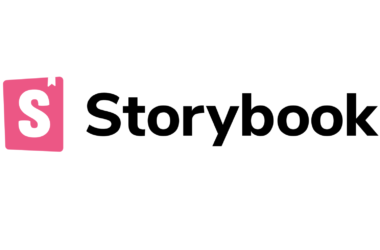In the dynamic and ever-evolving realm of service business management, Jobber has carved a niche for itself, offering a robust suite of tools to streamline operations. However, as businesses grow, diversify, and encounter unique challenges, the need to explore alternatives becomes not just a consideration but a strategic imperative. In this comprehensive guide, we’ll delve deeper into the intricacies of Jobber, its features, limitations, and what sets it apart. Additionally, we’ll explore a curated list of Jobber alternatives, providing detailed insights into their offerings.
Understanding Jobber
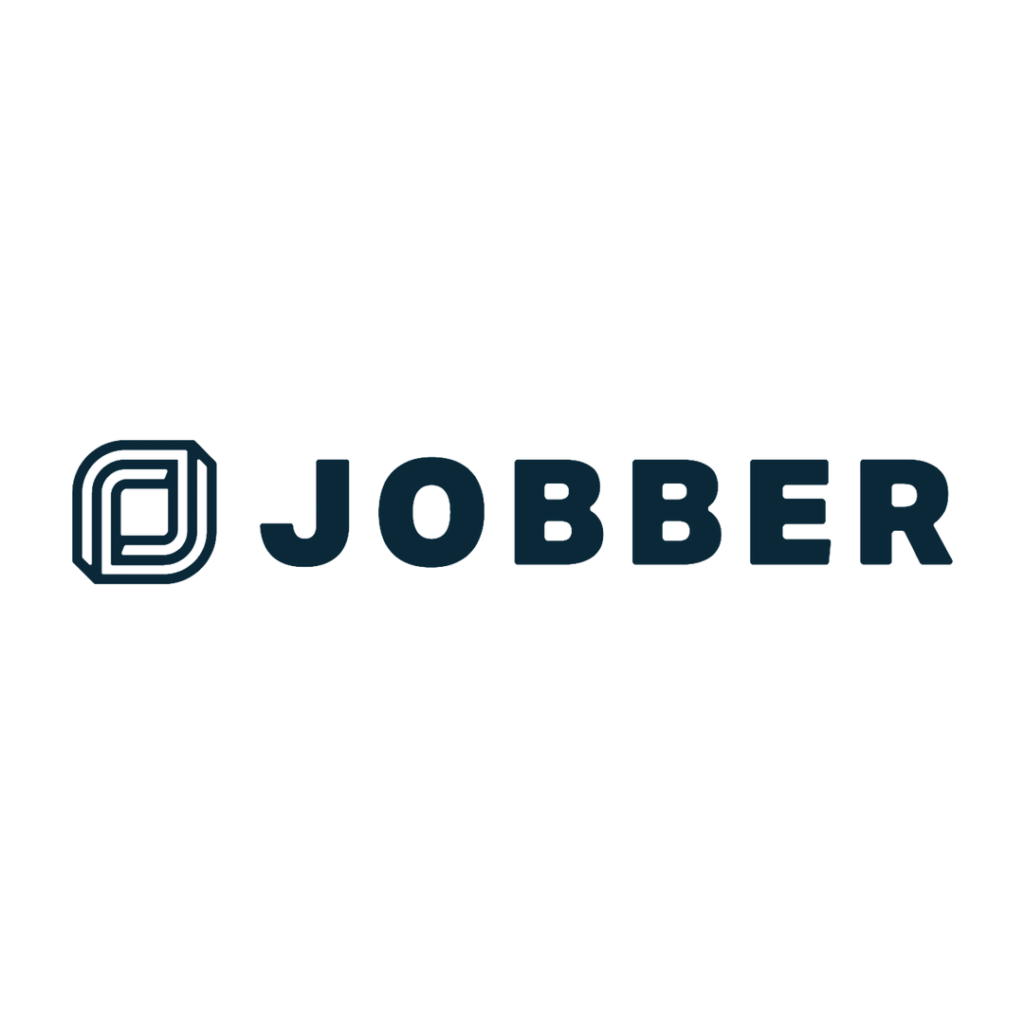
Jobber is a powerhouse of features but has some limitations, too. Let’s explore a little more about them.
Features that Define Jobber
- Intuitive Scheduling: Jobber excels in providing a user-friendly scheduling interface, allowing businesses to manage appointments and assignments efficiently.
- Robust Invoicing Capabilities: The platform offers comprehensive invoicing features, ensuring accurate and timely billing for services rendered.
- Mobile Accessibility: Jobber’s mobile compatibility empowers field teams to access crucial information and updates on the go.
- Client Communication Tools: With built-in communication tools, Jobber facilitates seamless interactions between service providers and clients.
- Versatility in Service Management: Jobber’s versatility makes it adaptable to various service-oriented businesses, accommodating a range of operational models.
Limitations of Jobber
- Scalability Challenges: Some users have reported scalability challenges, particularly for larger enterprises with expansive service operations.
- Industry-Specific Gaps: Jobber may not fully address certain industry-specific nuances, prompting businesses in specialized sectors to seek tailored solutions.
- Learning Curve: While generally user-friendly, Jobber may have a learning curve for some users, impacting the speed of adoption.
- Limited Integration Options: Users seeking extensive integration capabilities with other software tools may find Jobber’s options somewhat limited.
- Cost Considerations: Depending on the scale of operations, Jobber’s cost structure may be a limitation for businesses with budget constraints.
What Sets Jobber Apart
What sets Jobber apart in this competitive landscape is its blend of user-friendliness and versatility. It successfully combines essential features with an interface that doesn’t overwhelm users. For many service-oriented businesses, this unique combination makes Jobber a preferred choice.
The Need for Jobber Alternatives
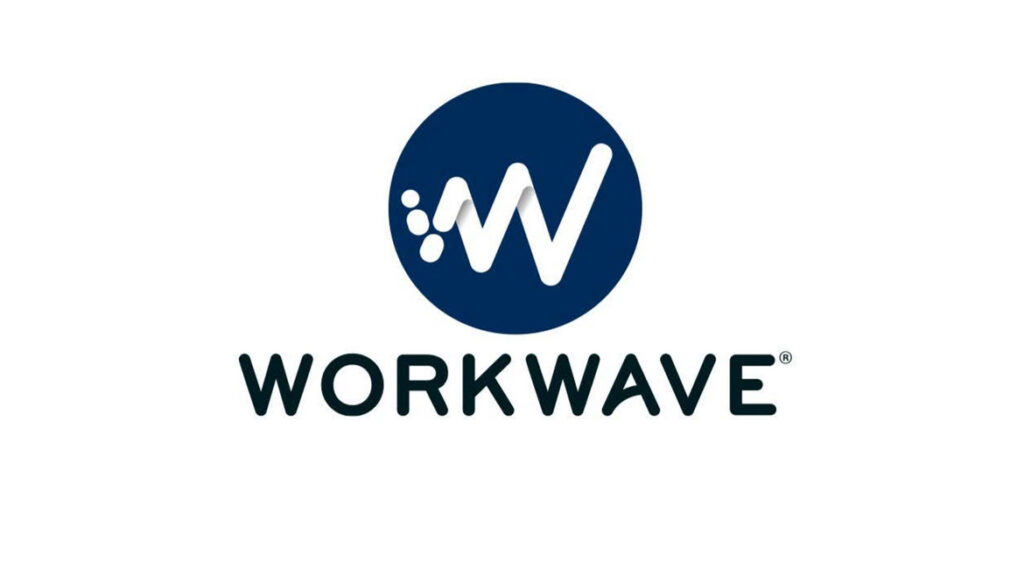
In the ever-evolving landscape of service business management, the quest for Jobber alternatives is driven by several key factors that reflect the dynamic nature of modern enterprises.
1. Evolving Business Dynamics
Businesses are not static entities; they grow, adapt, and transform in response to market trends and changing customer needs. As the operational dynamics of a business shift, the tools it relies on must evolve accordingly. Jobber, while reliable, may not seamlessly adapt to the evolving requirements of a business. The need for Jobber alternatives arises as businesses seek software solutions that can flexibly adjust to the changing nature of their operations.
2. Specialized Industry Requirements
In industries with unique and specialized demands, a generic solution might fall short. Jobber, designed to cater to a broad spectrum of service-oriented businesses, may not offer the specialized features required by certain industries. Businesses operating in niche sectors such as healthcare, construction, or specialized consulting often find themselves in need of Jobber alternatives that can provide tailored solutions catering to their industry-specific nuances.
3. Scale and Complexity
As businesses grow, so does the scale and complexity of their operations. Jobber, while proficient for smaller to mid-sized enterprises, may face challenges in meeting the demands of larger, more complex service structures. Enterprises experiencing rapid expansion or managing intricate service networks may find the scalability of Jobber limiting. Jobber alternatives come into play as businesses seek solutions capable of handling the increasing scale and complexity of their operations without sacrificing efficiency.
4. Desire for Tailored Solutions
No two businesses are exactly alike, each with its unique workflows, processes, and requirements. The desire for tailored solutions is a driving force behind the exploration of Jobber alternatives. Businesses seek platforms that not only meet their immediate needs but can be customized to align precisely with their existing workflows. The quest for tailored solutions ensures optimal efficiency and effectiveness, reflecting the individuality of each business in its approach to service management.
Commonly Used Jobber Alternatives For Service Business Management
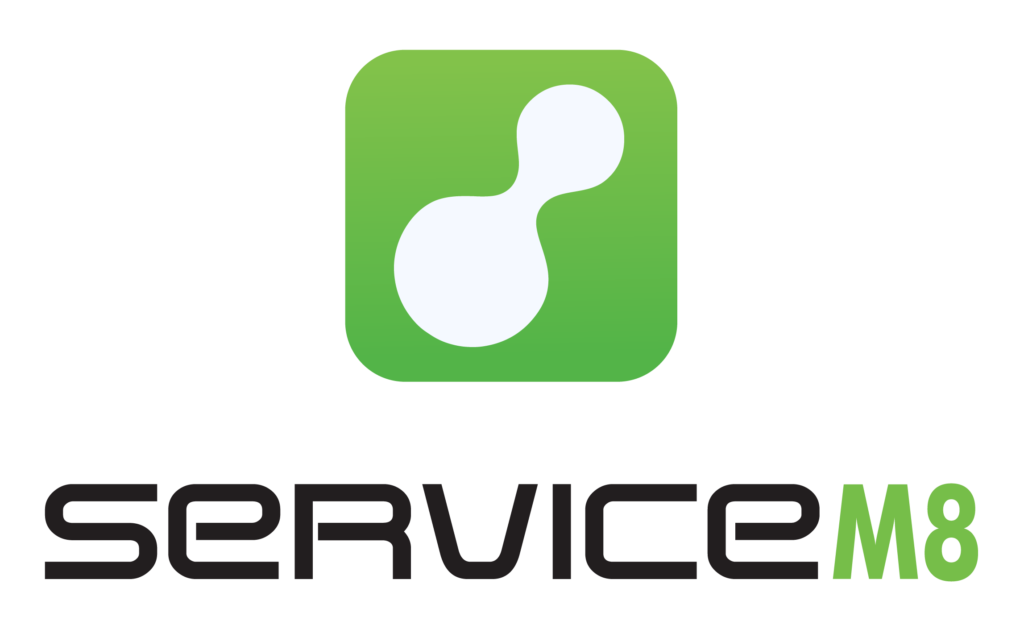
Exploring Jobber alternatives involves a careful examination of various service business management platforms, each offering unique features and capabilities. Below, we delve into an in-depth exploration of some commonly used Jobber alternatives, providing detailed insights into their offerings.
1. ServiceM8: Tailoring Solutions for Small Businesses
ServiceM8 stands out as a dynamic field service management app crafted specifically for small businesses. Its intuitive interface facilitates seamless job management, allowing businesses to schedule appointments efficiently. The robust features of ServiceM8 extend to efficient dispatching, enabling businesses to optimize their field operations. Moreover, the platform’s comprehensive reporting capabilities empower businesses with valuable insights into their performance.
2. Housecall Pro: User-Friendly Design for Streamlined Workflow
Housecall Pro distinguishes itself with a user-friendly design that doesn’t compromise on features. This platform is not merely a software solution; it’s an entire ecosystem designed to streamline the workflow of service professionals. From intuitive scheduling to detailed invoicing, Housecall Pro caters to the needs of service professionals, ensuring a seamless and efficient workflow. Its mobile accessibility further enhances the flexibility of service providers, allowing them to manage tasks on the go.
3. WorkWave Service: Customizable Solutions for Diverse Needs
WorkWave Service offers a suite of field service management solutions, emphasizing customization to meet diverse business requirements. One of its standout features is its customizable nature, allowing businesses to tailor the platform to their specific needs. With a focus on scheduling and dispatching, WorkWave Service provides flexibility for businesses with unique operational models. The platform’s versatility extends to its compatibility with various industries, making it a viable option for businesses with diverse service offerings.
4. ServiceTitan: Robust Features for Complex Service Structures
Geared towards the home service industry, ServiceTitan stands out with its robust features designed to handle complex service structures. Scheduling and dispatching are seamlessly integrated into the platform, providing businesses with a comprehensive solution for managing their operations. The platform’s customer relationship management (CRM) features enhance client interactions, allowing businesses to build and maintain strong customer relationships. For enterprises dealing with intricate service processes, ServiceTitan emerges as a reliable Jobber alternative.
5. mHelpDesk: Versatility for Various Service-Oriented Businesses
mHelpDesk’s versatility shines through with features for work order management, scheduling, and invoicing. This platform caters to a diverse range of service-oriented businesses, adapting to various operational models. Its flexibility is a key asset, allowing businesses to customize the platform to suit their specific needs. Whether managing work orders, scheduling appointments, or handling invoicing, mHelpDesk provides a comprehensive solution for businesses seeking versatility in their service management software.
6. FieldEdge: Tailored Solutions for Service Contractors
Formerly known as dESCO, FieldEdge is tailored for service contractors, providing comprehensive field service management solutions. Its feature set is specifically crafted to address the unique needs of businesses operating in the service industry. FieldEdge excels in providing tools for efficient job tracking, scheduling, and reporting, making it an ideal choice for service contractors looking to optimize their operations.
7. QuickBooks Field Service Management: Integration for Seamless Operations
Integrated with QuickBooks, this software simplifies field service operations by providing an integrated solution for accounting and service management. QuickBooks Field Service Management offers seamless integration capabilities, streamlining the financial aspects of service operations. Businesses seeking efficiency in both accounting and service management find this integrated solution to be a compelling Jobber alternative.
8. Joblogic: Focused on Maintenance, Service, and Installation
Joblogic hones in on businesses involved in maintenance, service, and installation. Its feature set includes job tracking, scheduling, and reporting, making it a robust choice for enterprises with diverse service offerings. Joblogic’s specialized focus on maintenance, service, and installation positions it as a Jobber alternative catering specifically to businesses in these sectors. The platform’s capabilities extend to providing insights into job performance and optimizing resource allocation.
Factors To Consider While Choosing The Perfect Jobber Alternative

Selecting the ideal service business management platform is a pivotal decision that requires careful consideration. Here are crucial factors to weigh when exploring Jobber alternatives:
1. Scalability: Ensuring Future-Proof Solutions
The scalability of a service management platform is paramount. As your business grows, the chosen alternative should seamlessly expand its capabilities to accommodate increasing demands. Assess how well the platform aligns with your long-term growth trajectory, ensuring it can evolve alongside your business.
2. Industry-Specific Features: Tailoring Solutions to Your Niche
Different industries have unique requirements, and the perfect Jobber alternative should cater to these specific needs. Evaluate whether the platform offers industry-specific features that align with the nuances of your business. From healthcare to construction, a tailored solution ensures optimal functionality within your niche.
3. Integration Capabilities: Building a Connected Ecosystem
Efficient integration with other tools and software is crucial for a cohesive business ecosystem. Consider the compatibility of the alternative with your existing software stack. A platform that seamlessly integrates with your accounting, CRM, or other essential tools streamlines operations, minimizing data silos and enhancing overall efficiency.
4. User Training and Adoption: User-Friendly Interfaces Matter
The learning curve associated with a new platform can impact the speed of adoption among your team. Opt for a Jobber alternative with a user-friendly interface that minimizes the time and resources needed for training. A platform that promotes easy adoption ensures that your team can quickly harness its full potential, maximizing productivity.
5. Customer Support and Reliability: Ensuring Smooth Operations
Reliable customer support is a cornerstone of successful service management. Prioritize alternatives backed by strong customer support to address any issues that may arise promptly. Consider the platform’s reliability in maintaining uninterrupted service operations, minimizing downtime, and ensuring continuous support for your business.
Conclusion
In the vast landscape of service business management, the quest for the perfect solution is a nuanced journey. While Jobber has earned its stripes as a reliable choice, exploring alternatives is a strategic move to meet the evolving needs of businesses. By carefully considering factors such as scalability, industry-specific features, integration capabilities, user adoption, and customer support, businesses can navigate the plethora of alternatives and find the perfect fit for their unique requirements.




